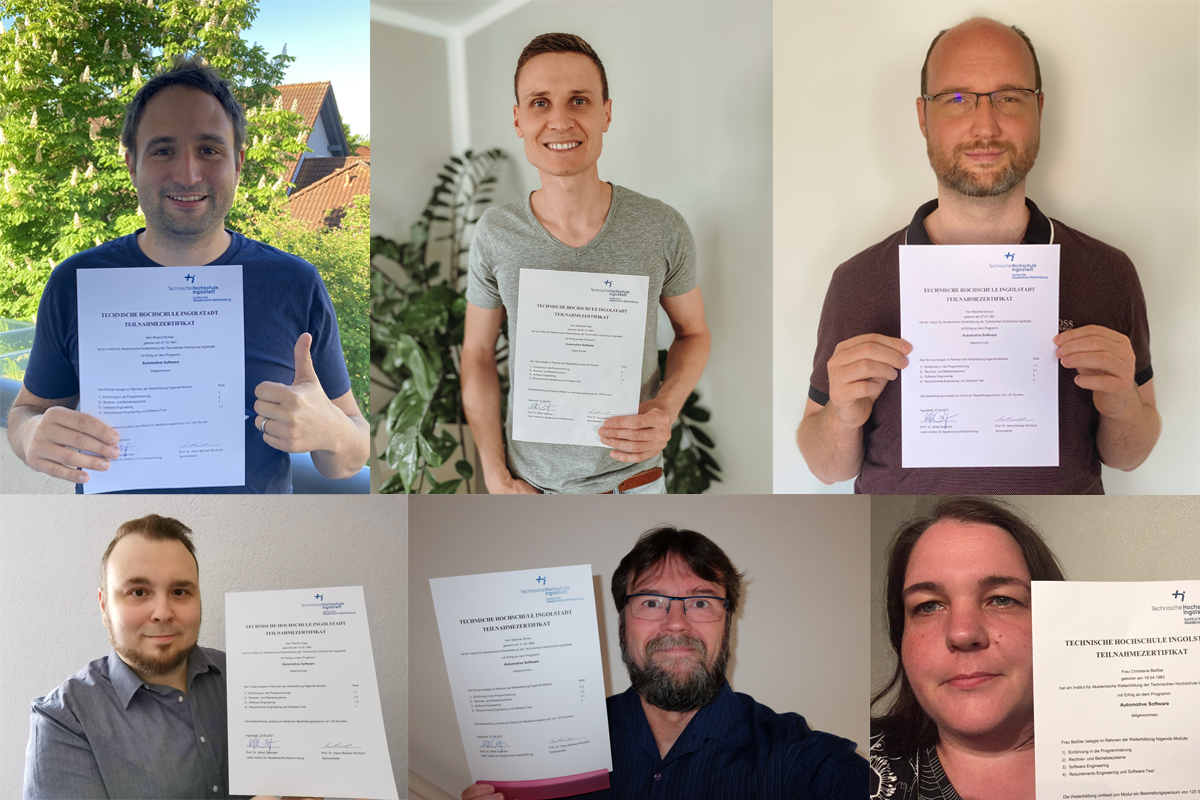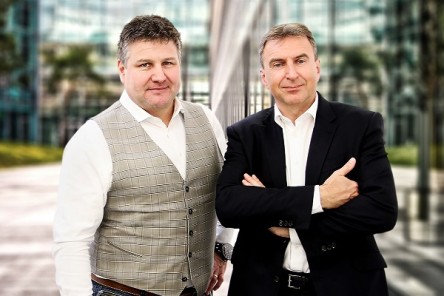The career-integrated part-time course is an important step towards facilitating the transformation to software-related technological fields of the future. It comprises four practical modules: an introduction to programming (Python), computers and operating systems, requirement engineering and software engineering.
Pascal Platzer is one of the 15 participants who completed the course. Having trained as a production mechanic at Audi, he then did further training as a technician with a focus on mechanical engineering before joining PSW. At PSW he started as a CAD designer in tank development. His studies enabled him to develop skills in a new subject area. During the interview he talks about programming mobile phone games, his experiences during the course and how his studies have helped him develop personally.




